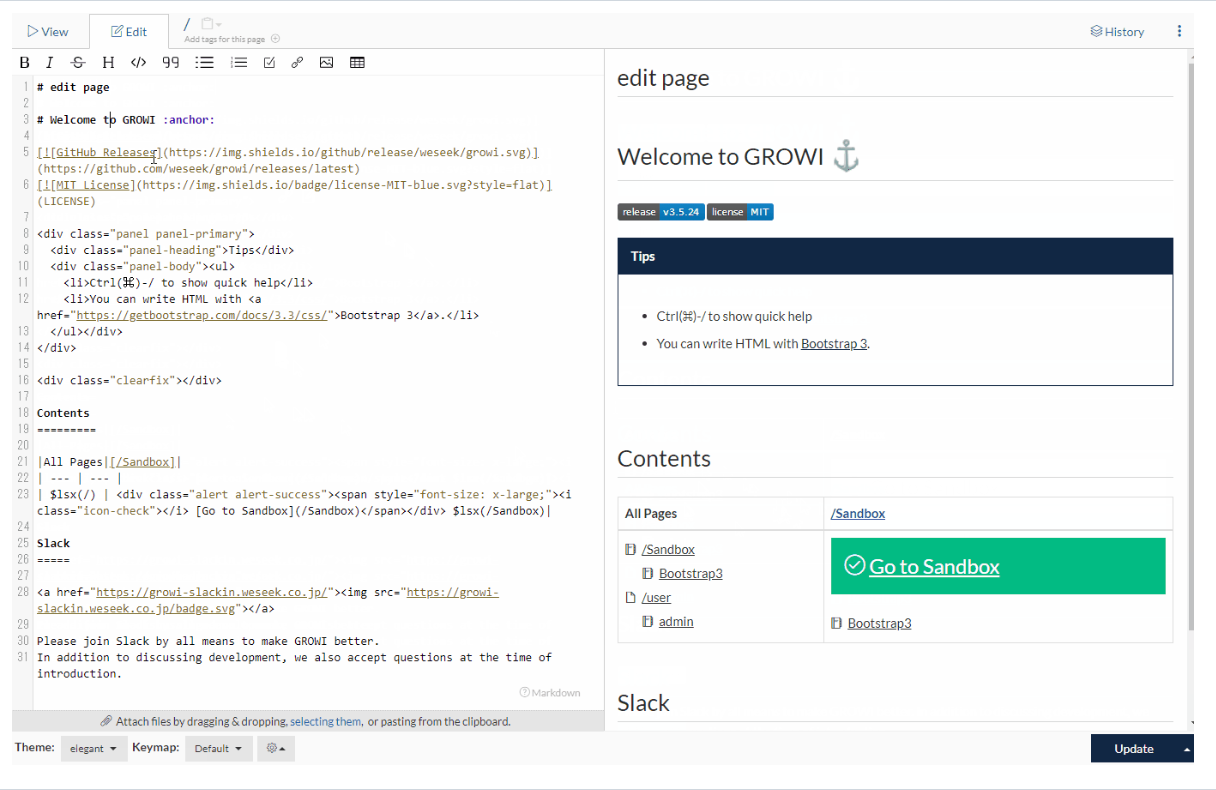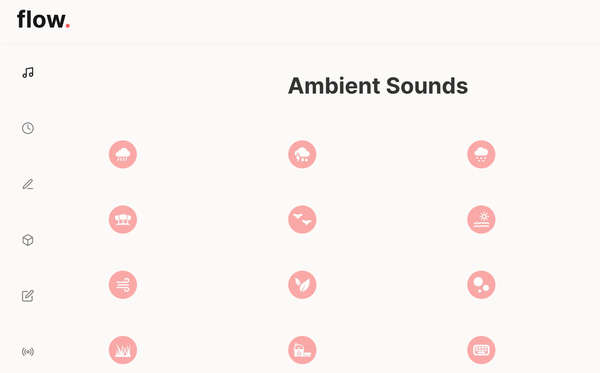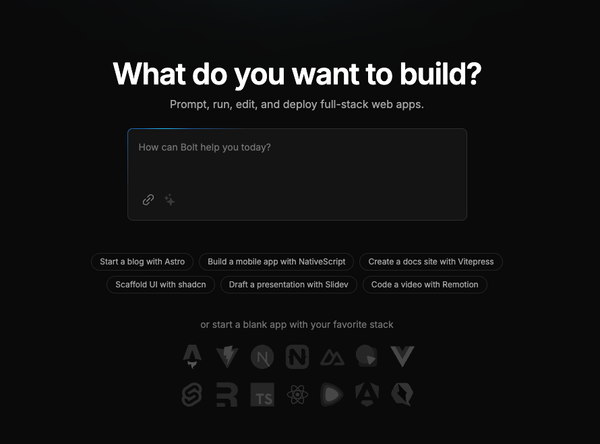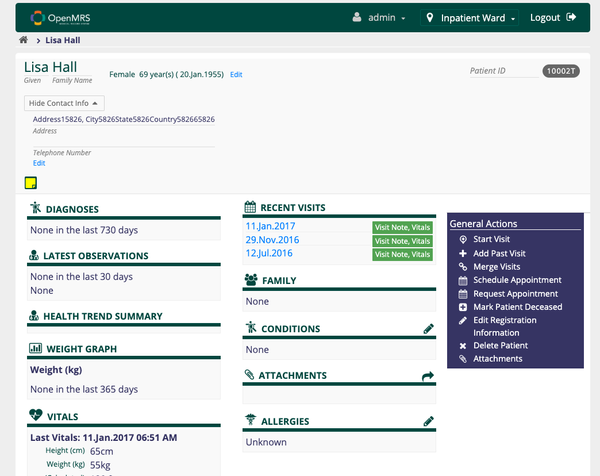GROWI: an Open-source Markdown-based Wiki Engine for Teams
Table of Content
What is GROWI?

GROWI is a new open-source Wiki engine for teams that supports real-time editing
It is built on top of Node.js and MongoDB. It also uses Redis, and ElasicSearch for full-text search functionality.
Features
- It uses Markdown by default: (Create hierarchical pages with Markdown)
- Comes with a split-pane viewer
- Real-time collaboration for users
- Simple yet powerful asset management
- Comes with a built-in diagramming editor that uses Draw.io.
- Multiple Text keymaps: Vim, Emacs, and Sublime Text
- It has a built-in Emoji (using EmojiOne v3)
- Multiple themes support
- Team customization
- Full-text search support
- Authentication and group management based on Passport
- Supports login using SAML, LDAP, and OAuth (GitHub, Twitter, Google)
- Allows users to create a public wiki that is edited by guests and anonymous users
- Internal comments and chat
- Slack integration and notification
- Developer-friendly documentation
- Insert Math formulas easy
- Built-in history and revision engine
- Supports multiple languages
- Mattermost, IFTTT Integration
- Easy installation using Docker
- Rich shortcuts library
Dependencies
- Node.js v14.x or v16.x
- npm 6.x
- yarn
- MongoDB 4.x
Optional Dependencies
- Redis 3.x
- ElasticSearch 6.x or 7.x (needed when using Full-text search)
- CAUTION: Following plugins are required
- Japanese (kuromoji) Analysis plugin
- ICU Analysis Plugin
License
GROWI is open source software developed by WESEEK, Inc. and released under the MIT license.









